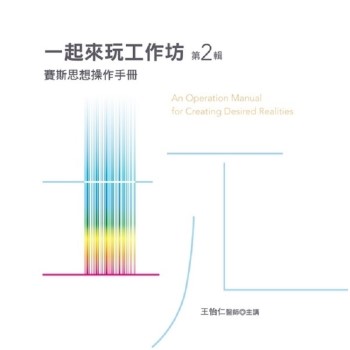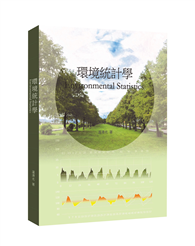| FindBook |
|
有 1 項符合
acedo-matellan的圖書 |
 |
$ 3540 | The Morphosyntax of Transitions: A Case Study in Latin and Other Languages
作者:Acedo-matellan,Victor 出版社:Oxford Univ Pr 出版日期:2016-04-25 語言:英文 規格:平裝 / 10.2 x 15.2 x 2.5 cm / 普通級  看圖書介紹 看圖書介紹
|
|
|
圖書介紹 - 資料來源:博客來 評分:
圖書名稱:The Morphosyntax of Transitions: A Case Study in Latin and Other Languages
內容簡介
This book examines the cross-linguistic expression of changes of location or state, taking as a starting point Talmy’s typological generalization that classifies languages as either ’satellite-framed’ or ’verb-framed’. In verb-framed languages, such as those of the Romance family, the result state or location is encoded in the verb. In satellite-framed languages, such as English or Latin, the result state or location is encoded in a non-verbal element. These languages can be further subdivided into weak satellite-framed languages, in which the element expressing result must form a word with the verb, and strong satellite-framed languages, in which it is expressed by an independent element: an adjective, a prepositional phrase or a particle. In this volume, Victor Acedo-Matellan explores the similarities between Latin and Slavic in their expression of events of transition: neither allows the expression of complex adjectival resultative constructions and both express the result state or location of a complex transition through prefixes. They are therefore analysed as weak satellite-framed languages, along with Ancient Greek and some varieties of Mandarin Chinese, and stand in contrast to strong satellite-framed languages such as English, the Germanic languages in general, and Finno-Ugric. This variation is expressed in terms of the morphological properties of the head that expresses transition, which is argued to be affixal in weak but not in strong satellite-framed languages. The author takes a neo-constructionist approach to argument structure, which accounts for the verbal elasticity shown by Latin, and a Distributed Morphology approach to the syntax-morphology interface.
|









